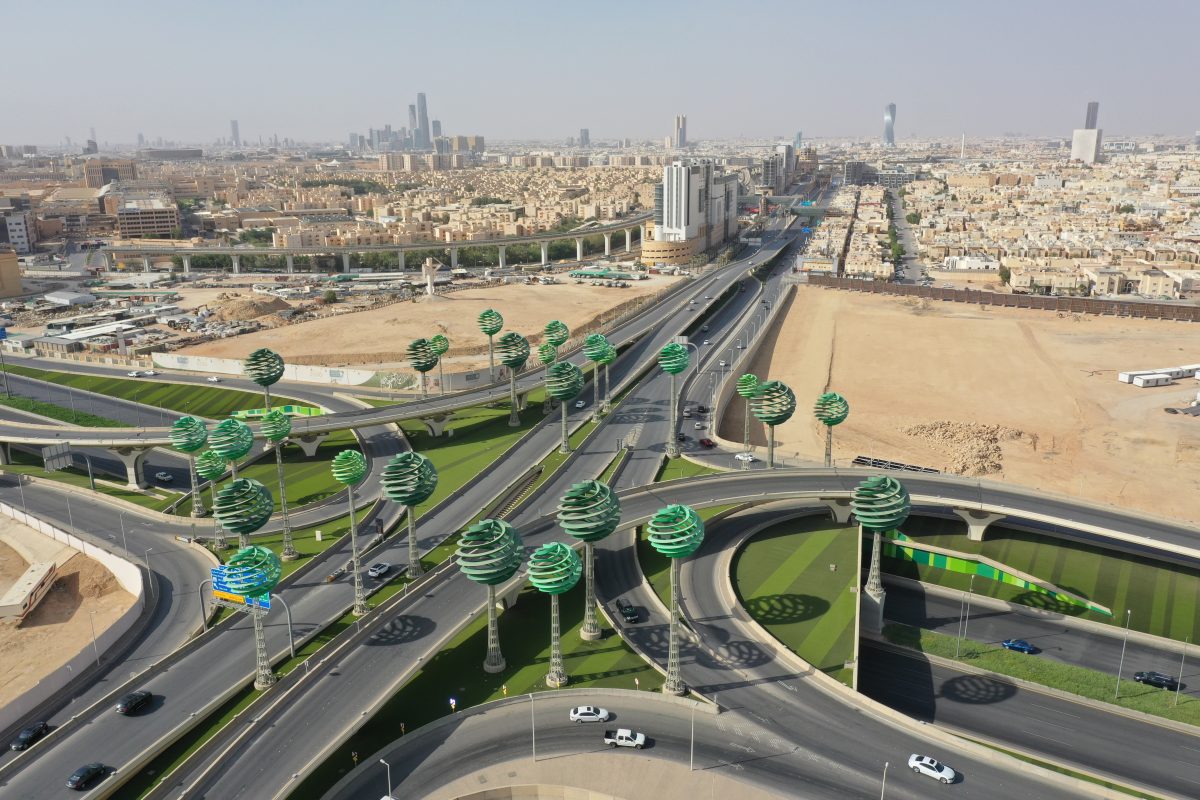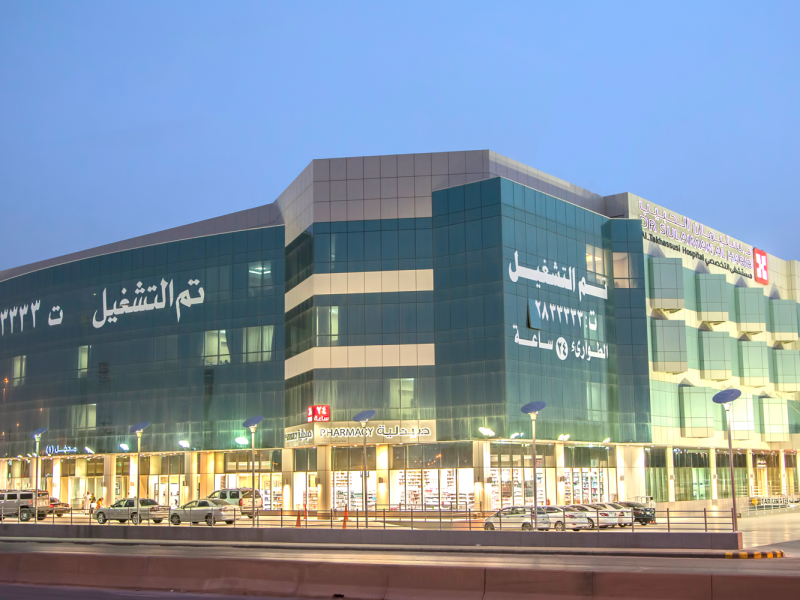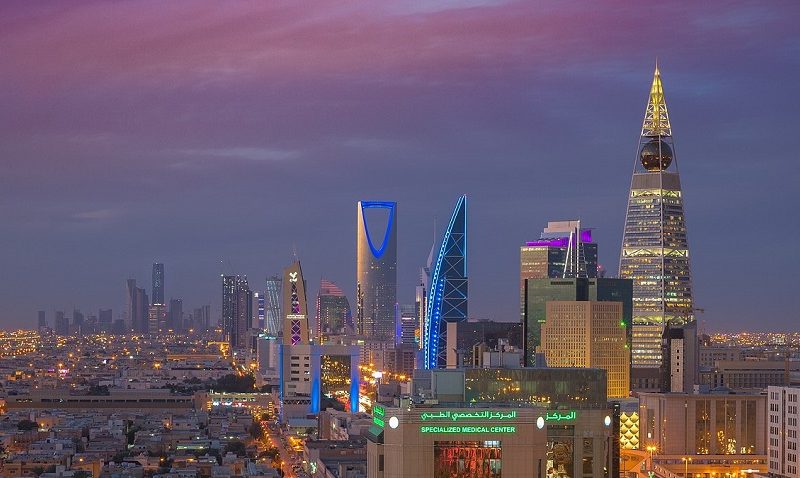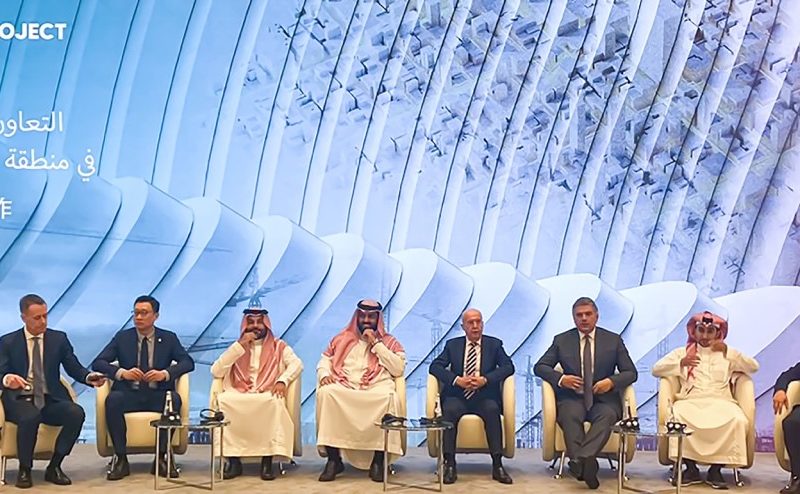Saudi Arabia is redefining ‘transformation’ as we know it, and progressing at unimaginable and awe-inspiring speeds. KSA has reset its trajectory, charting growth and delivering on opportunities across infrastructure development.
Vision 2030 is the kingdom’s grand plan to rebalance its economy, diversifying into a host of new sectors, from financial services to constructing high-end entertainment, industrial and tourism hubs, the nation is set on enhancing its rich culture and heritage.
The vision aims to transform KSA, the Middle East’s biggest economy, into the region’s most attractive investment, financial and lifestyle destination. Throughout the massive developments which are already underway, a question arises: What challenges do legal departments face in embracing new laws and legislation systems in KSA? How optimistic are experts to witness changes implemented to aid Vision 2030’s success?
Construction Week Middle East spoke with Nesreen Osman, partner at Pinsent Masons, discussing the changes and challenges which take place behind the scenes of KSA’s gigaprojects.
She said: “The charge towards achieving its Vision 2030 has prompted a raft of new legislation to be issued in KSA.”
“Since Vision 2030 was announced in 2016, a substantial volume of legislation, over 200 items, has been passed or amended in KSA, relating to an array of areas including personal status, labour, commercial courts, anti-bribery as well as procurement by government entities.”
According to Osman, all of the newly-staged laws are aimed at assisting KSA to achieve the overall objectives of reducing its dependence on oil, diversifying its economy and developing the public service sectors such as health, education, infrastructure, recreation and tourism.

Pinsent Masons’ partner highlighted some of the key laws of relevance to the Saudi construction sector.
The new Government Tenders and Procurement Law in KSA governs all contracting entities by government through all stages, from procurement to execution of contracts.
According to Osman, the objectives of this law also include protecting public funds by regulating the procedures relating to works and procurement and avoiding the abuse of power and conflicts of interest, promoting honesty and competitiveness, maintaining equality, ensuring fair treatment of bidders, and maintaining transparency.
The Anti-Bribery Law was originally issued in 1996, and largely focused on the actions of public servants as well as certain roles in the private sector which are to be treated as public servants.
However, recent amendments in 2018 and 2021 significantly extended the reach of this law to any person, whether public servant or working in the private sector, and it now also covers intermediaries who seek benefits for supporting bidders in government tender processes.
Changes in the law in KSA
Commercial Courts Law has made several important changes including introducing: a 5-year limitation period for commercial claims, mandatory alternative dispute resolution (such as mediation) required, in some instances, prior to commencing proceedings, e-filing and other electronic procedures, wider powers for judges to manage cases more efficiently (such as sanctions for failure to meet court deadlines) and the granting of urgent relief within a three-day time-limit.
Judicial Fees Law had been brought in the concept of court fees (at 5% of the claim up to a ceiling of SAR1m) with a view to reducing the number of vexatious and unmeritorious claims and encouraging parties to resolve their disputes out of court (either through negotiation or ADR).
The Law of Evidence comes into effect in July 2022 bringing about some further important changes which seek to bring the Saudi Courts in line with global methods and practices.
In addition to explaining the existing and newly implemented laws, Osman spoke about the challenges facing construction projects, with a part of the problem being liquidity and unfair risk allocation and the Covid-19 crisis.
“Liquidity has been a key challenge for the construction industry for a long time. Prior to Covid-19 this was primarily due to increasing oil prices. The pandemic has exacerbated the problem significantly and now a substantial number of contractors are suffering sever cashflow issues, leading to an increased risk of insolvency. These parties are along the entire contractual chain, putting many projects in a precarious position.”
She added: “Part of the problem is the way in which contracts are structured as well as the tendency to have unfair risk allocation (placing most of the risk on the contractor) coupled with pay when paid provisions which mean that the parties least able to bear the burdens of risk and non-payment are left shouldering those burdens, creating issues.”
The pandemic’s impact on construction projects continues to be felt, affecting timelines, costs, and material availability.
Osman said: “Covid-19 impacted projects in many ways, causing delays and disruption and, most importantly, causing contractors to incur significant costs and losses. In many instances, contractors have been able to secure extensions of time for the delays but no time-related costs. Whilst this relieves contractors from the hardship of liquidated damages for delay, it does not resolve their liquidity issues which are, instead, compounded.
“Under many contracts, escalation in material costs is not recoverable which has meant that contractors are also bearing the burden of these increases, further impacting on their liquidity.”
Continuing the conversation on a more positive note, Osman said that KSA has made great strides in the past six years since the launch of the national vision, with energy and infrastructure serving as the key elements.
She commented: “Worthy of note are Saudi’s ambitious plans for the energy sector and particularly in the renewables space. The country intends to generate 50% of its electricity from clean sources by 2030 and this will result in the displacement of approximately one million barrels per day of liquid fuel.
“In furtherance of Saudi’s ambitions for green energy, several green projects have been initiated in the last few years, including the Sakaka solar project as well as the Sudair and Rabigh solar projects.”
Osman concluded the conversation indicating the steps KSA has taken in regards to its green energy ambitions. “If this fervent approach is adopted across all of its sectors, we will no doubt see many more significant changes in Saudi Arabia in the not-too-distant future, as it surges towards achieving its Vision 2030.”





